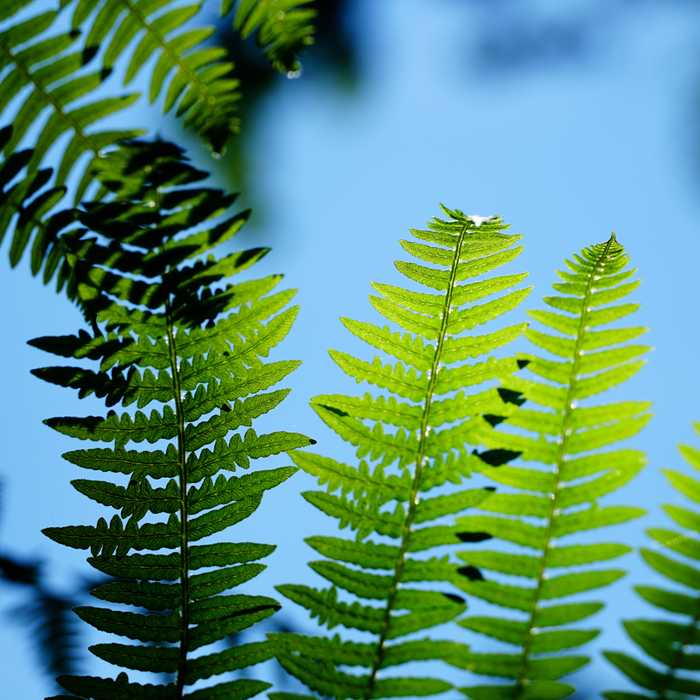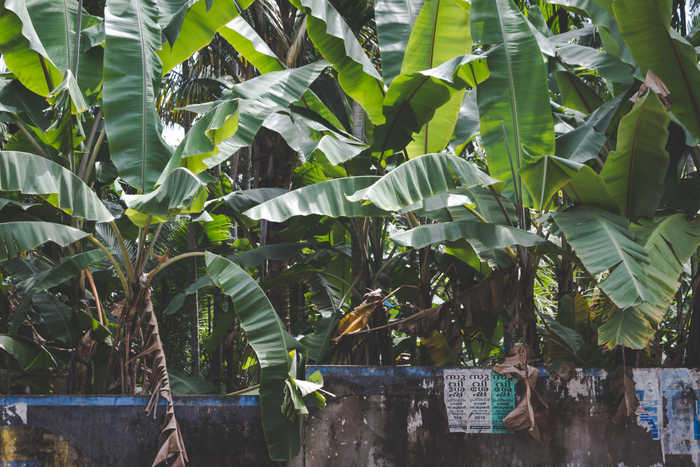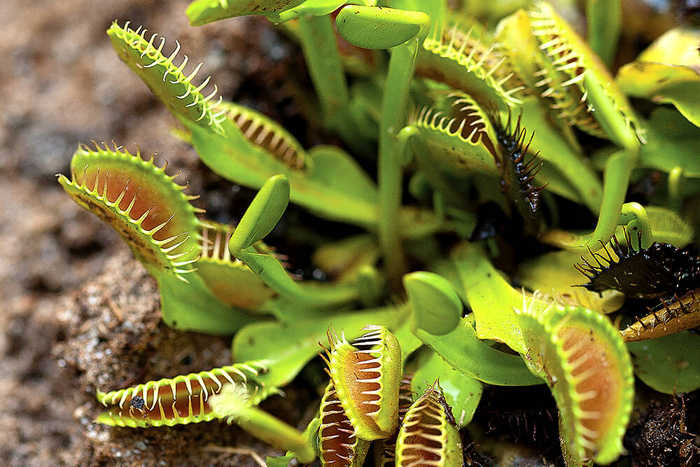Published 23:08 IST, July 25th 2024
Boston Fern To Banana Tree: 6 Indoor Plants That Are Safe For Your Pets
When you have pets at home, ensuring your houseplants are safe for them is crucial. Here are six non-toxic indoor plants that are safe for cats and dogs.
- Lifestyle News
- 3 min read
When you have pets at home, ensuring your houseplants are safe for them is crucial. Cats and dogs often chew on indoor plants out of curiosity or mischief. While many popular houseplants can be toxic to pets, there are numerous pet-friendly options available that can add greenery and purify your home's air.
To protect both your lovely plants and your pets, keep all houseplants out of their reach. Here are six non-toxic indoor plants that are safe for cats and dogs.
Boston Fern
Boston ferns are a popular choice for houseplants. Their long, feathery fronds might catch the attention of curious cats and dogs. Often called sword ferns, their leaves grow straight up from the centre before arching gracefully as they extend.

These plants are safe for pets, so you can add them to your guest room or bathroom without worry. Boston ferns thrive in humid environments with plenty of bright, indirect light.
Banana Plant
Another pet-friendly plant is the banana tree which adds a dramatic touch to any space, growing up to six feet tall. Dwarf varieties, however, range between two and four feet. Its central stem produces long, wide leaves, often used in tropical cuisine for steaming or serving food. Since the ASPCA lists it as non-toxic, it's a safe houseplant for cats and dogs.

To thrive, this tropical houseplant requires conditions that mimic its natural habitat: rich soil, bright light, and regular watering.
Spider Plant
The spider plant’s cascading leaves make it perfect for high spots like floating shelves and hanging baskets. Also called the ribbon plant or aeroplane plant, it's safe for cats and dogs and is known for being a tough houseplant.
The spider plant can handle various light, moisture, and soil conditions. Plant it in loose, loamy soil and water it regularly. It thrives best in partial shade; too much sunlight can scorch its leaves, while full shade might hinder its growth. As it grows, it produces shoots with small plantlets, earning it the name spider plant.
Venus Fly Trap
Carnivorous plants can add a quirky touch to your collection of houseplants. But what if your cat decides to play with one of these snap traps? Thankfully, Venus fly traps (Dionaea muscipula) are safe for cats and dogs, so if your pet takes a curious nibble, it won’t lead to a vet visit.

To keep these plants healthy and ready to catch flies, provide them with plenty of bright light and water them with distilled water.
Areca Palm
Dypsis lutescens commonly known as the butterfly palm, brings a tropical feel to any room. If you have cats, you might notice them playfully swatting at the palm fronds, but you can rest easy knowing that the areca palm is safe for both cats and dogs.
To keep this indoor palm tree happy, place it in a south- or west-facing window where it can get bright light. Use a pot with good drainage and let the soil dry out between waterings. Since the areca palm is sensitive to fluoride, it’s best to water it with distilled or rainwater.
Bromeliad
The bromeliad plant is a popular choice for houseplants. These plants are safe for pets and are easy to care for, requiring just a bright window and a humid environment.
Different types of bromeliads have unique looks and care needs. Many varieties grow as epiphytes, meaning they attach to a log rather than soil. You can secure them to the log with ties or glue. One advantage of bromeliads is that they don't use soil, which means there's no mess if your dog or cat likes to dig in or topple potted plants.
Updated 23:08 IST, July 25th 2024